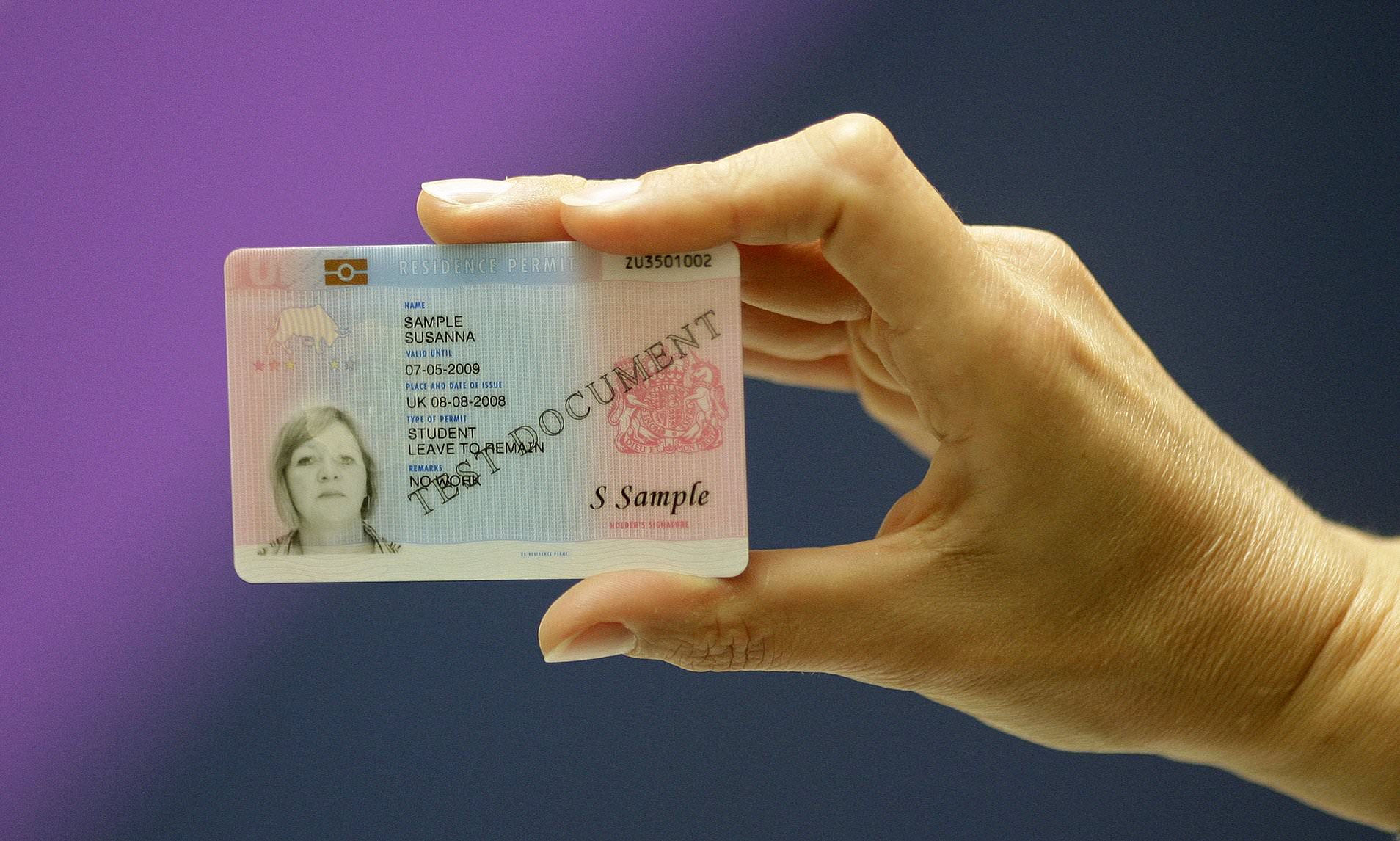
The British government is contemplating a significant shift in how citizens prove their identity, sparking debate about civil liberties and the effectiveness of such a scheme. A national digital identity card, potentially accessible via a smartphone app, is being considered. This initiative aims to streamline access to public services, verify the right to work, and potentially curb illegal immigration. However, the proposal has drawn criticism, with some labeling it a "dystopian nightmare" and raising concerns about privacy, data security, and the potential for discrimination.
Potential Functionality and Features
The proposed "BritCard" would likely be a digital identity stored on a smartphone, moving away from the physical card format used in a previous, ultimately abandoned, scheme. This digital format could leverage facial recognition technology already common in smartphones and banking apps. Furthermore, the system could require users to provide biometric data, such as fingerprints, to enhance security. The data stored on the digital ID could be cross-referenced against a central database containing records for the British population.
A History of Failed Attempts
This is not the first time the UK has considered a national identity card. The Labour government under Tony Blair introduced legislation for a national ID card scheme in 2006. While detailed plans were published, the idea of compulsory cards was dropped. The scheme was launched in 2009, issuing credit card-style cards with microchips to volunteers for £30 each. However, after the 2010 general election, the scheme was scrapped by then-Home Secretary Theresa May, having cost the taxpayer £257 million.
Security Concerns and Potential for Forgery
The resilience of the proposed digital ID card system depends heavily on the security measures implemented. A digital ID, theoretically, is harder to forge than a traditional document. Real-time cross-referencing with a central database of names and photos would make it difficult to impersonate someone. However, less rigorous checks could leave the system vulnerable to fraud.
Penalties for Non-Compliance
The previous attempt at introducing a compulsory ID card scheme did not include fines for failing to register, primarily because the rollout never reached that stage. However, the legislation did include penalties of up to £1,000 for failing to update personal information, such as address or name changes, and for failing to surrender a card when required. How a new scheme would handle those who refuse to participate remains unclear.
Intended Goals and Applications
The primary goal of the digital ID card is to verify identity and the right to be in Britain. This is intended to crack down on illegal working, making the UK less attractive to illegal immigrants and addressing the issue of foreigners who overstay their visas and continue to work.
The card could also be used in situations where proof of residency or right to be in the UK is required, such as renting a property. However, the most controversial potential use is in accessing healthcare and social security benefits. A previous iteration of the idea, floated in 2001, aimed to use the card to verify eligibility for NHS services and welfare benefits. This faced opposition, particularly from medical professionals who argued that life-saving treatment should not be denied based on nationality.
Addressing Concerns About Accessibility
A significant challenge is ensuring accessibility for individuals who do not own smartphones, particularly the elderly. Penalizing this group would be considered discriminatory. Potential solutions include providing alternative methods for accessing the information stored on the digital ID, such as through a laptop or desktop computer.
Potential Costs and Risks
The cost of implementing a national digital ID card scheme is estimated to be in the billions of pounds. Developing the necessary IT systems from scratch would be a significant undertaking. Depending on the specifications of the card, a network of centers across the country may be needed to collect biometric data from the public.
The project also carries significant risks. The government's track record with large-scale IT projects is poor, with many projects running over budget and behind schedule. A failed digital ID scheme would represent a massive waste of taxpayer money.
Furthermore, the scheme raises serious civil liberties concerns. The UK has traditionally resisted a "papers please" culture, and many people will view a national ID card as an invasion of privacy. Data security is another major concern. The government has experienced numerous data leaks and hacks in the past. A compromised database containing the personal information of the entire population would be catastrophic.
International Comparisons
Many countries around the world, including Estonia, Spain, Portugal, Germany, India, the UAE, and France, already use digital IDs. France has argued that the lack of ID cards in the UK contributes to illegal immigration, as it makes it easier for migrants to find work in the black economy. However, critics argue that ID cards will not solve the illegal migration problem.


No comments:
Post a Comment